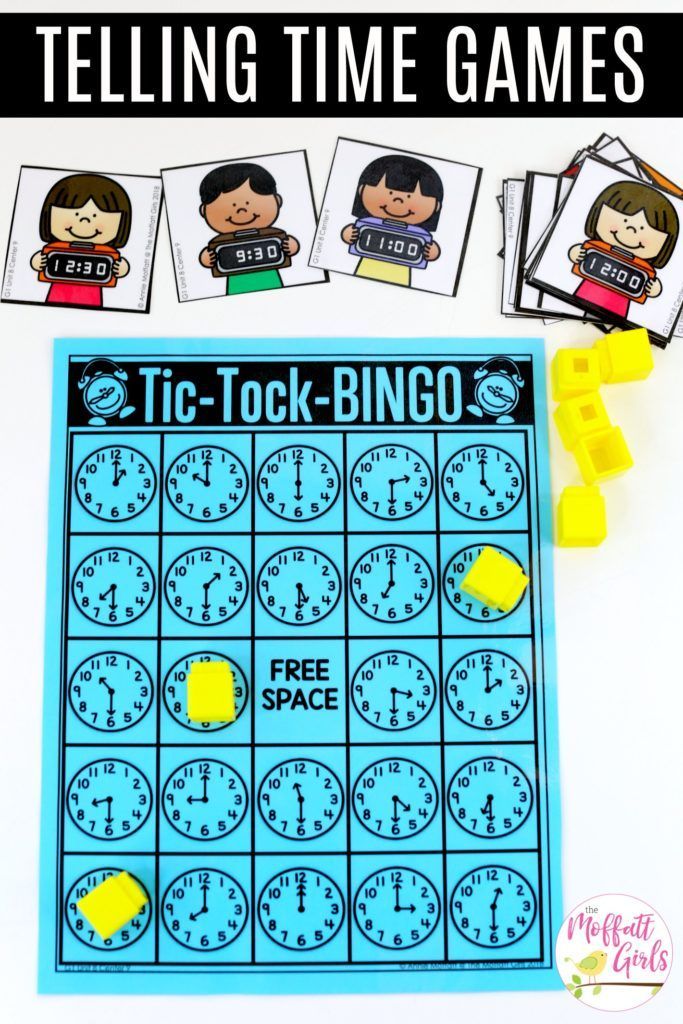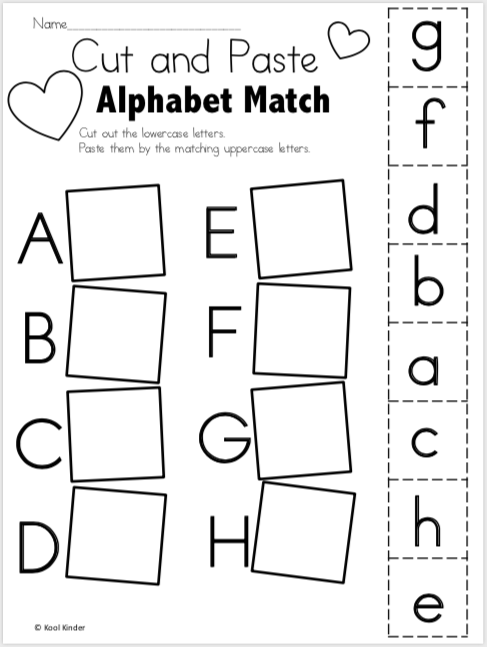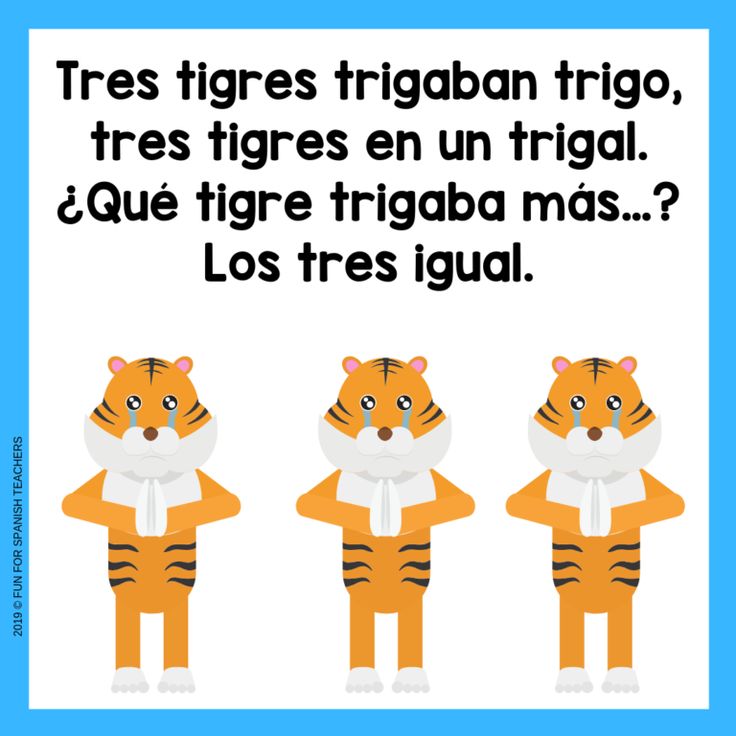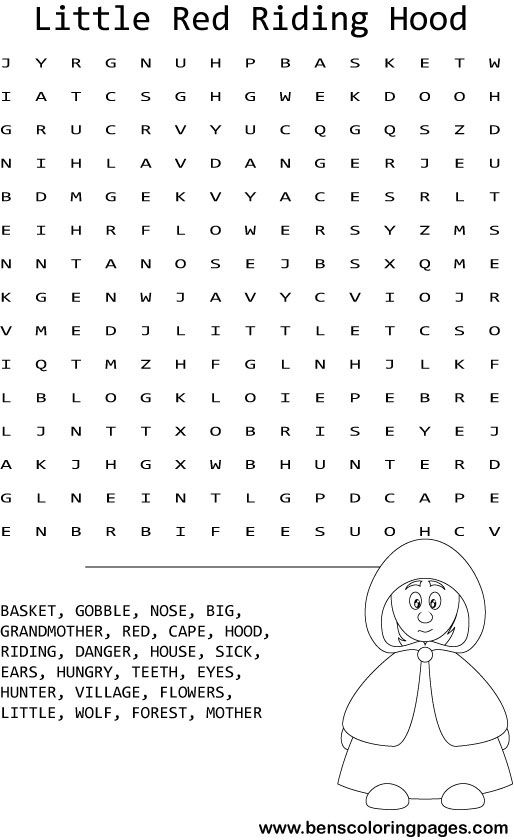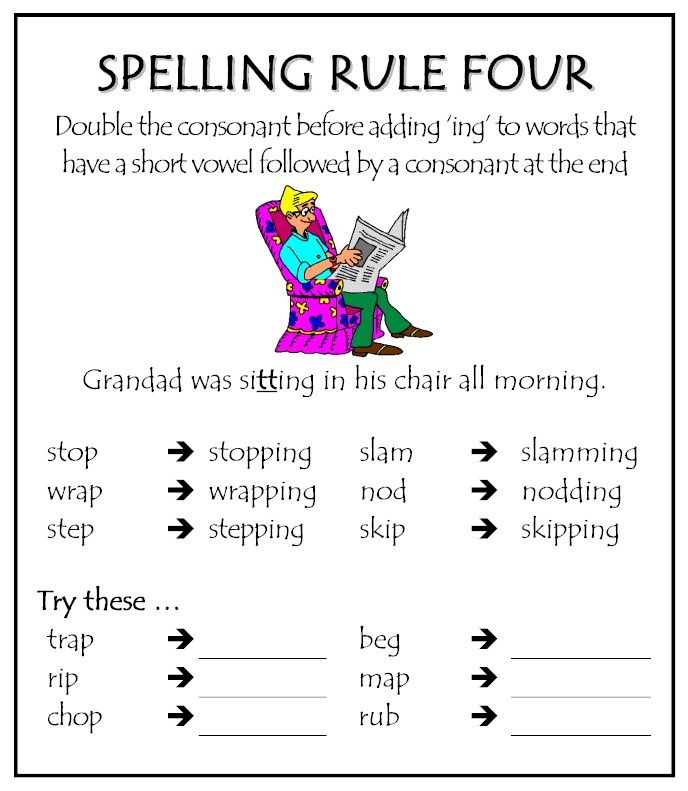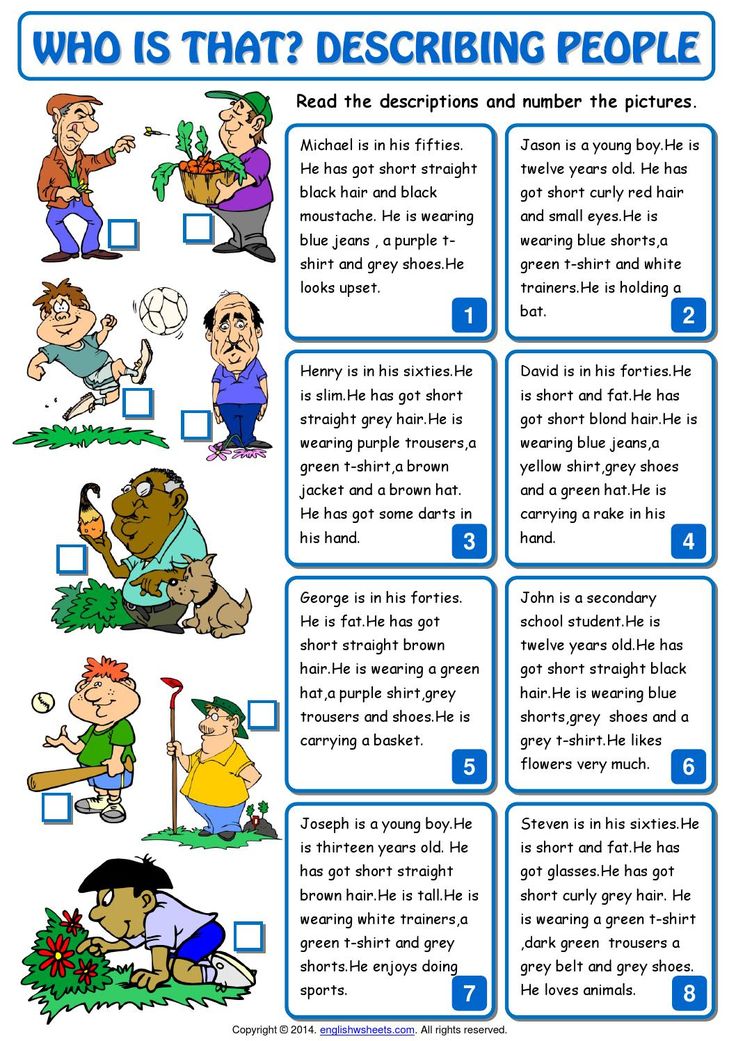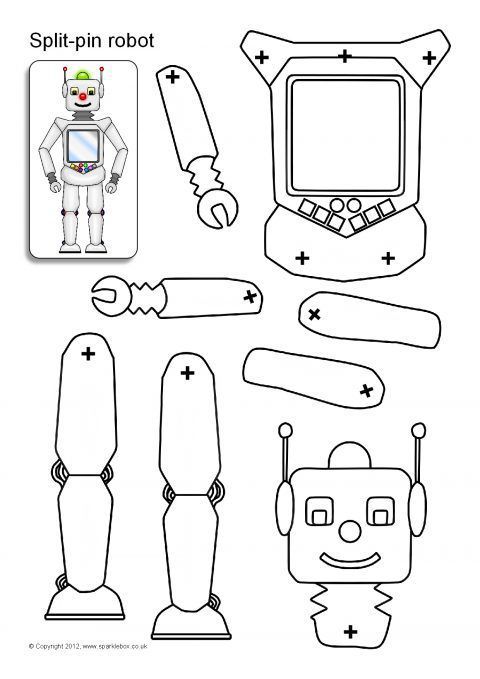1St grade students
5 Things to Taught to Kids in First Grade
It was like yesterday when you were walking your child to kindergarten. And now, they are ready to start the first grade. It’s such an emotional moment for a parent when their child achieves a milestone like first grade. But, it is also overwhelming and daunting for parents because they have no clue what is taught to kids in 1st grade?
First grade is a big transition for a child—from a playful and fun environment of prekindergarten, they are moving towards a more academically challenging environment. It can be a big shock for both parents and students.
Therefore, if your child is starting 1st grade this year, you should learn all about what is taught to kids in the first grade so you and your child can come prepared on the first day of school. This guide is a small step to help you understand what 1st grade will bring your way.
Reading in the 1st grade
Writing in the 1st grade
Math in the 1st grade
Science in the 1st grade
Social Studies in the 1st grade
Tips for 1st graders’ parents
So, What Is Exactly Taught to Kids in the 1st Grade?
You will find some variations in the first-grade curriculum around the states. However, basic subjects taught to kids in the first grade are mostly the same everywhere. Usually, students learn math, reading, writing, science, and social studies in the 1st grade.
You might find some minor changes in the first-grade curriculum in different district schools. However, here are fundamental topics that are taught to kids in the first grade:
Reading in the 1st Grade
Your kids have already learned different sounds and read small words during kindergarten. The reading level will increase in the first grade, and your children will learn more complicated words and sounds. They will also be asked to read paragraphs and answer questions based on them.
First graders are expected to read fluently and understand the information they read. Some of the other topics that the first-grade reading curriculum includes are:
- A comprehensive reading of the entire first-grade material.
- Re-telling stories provided in the academic books.
- Creating characteristics based on the stories.
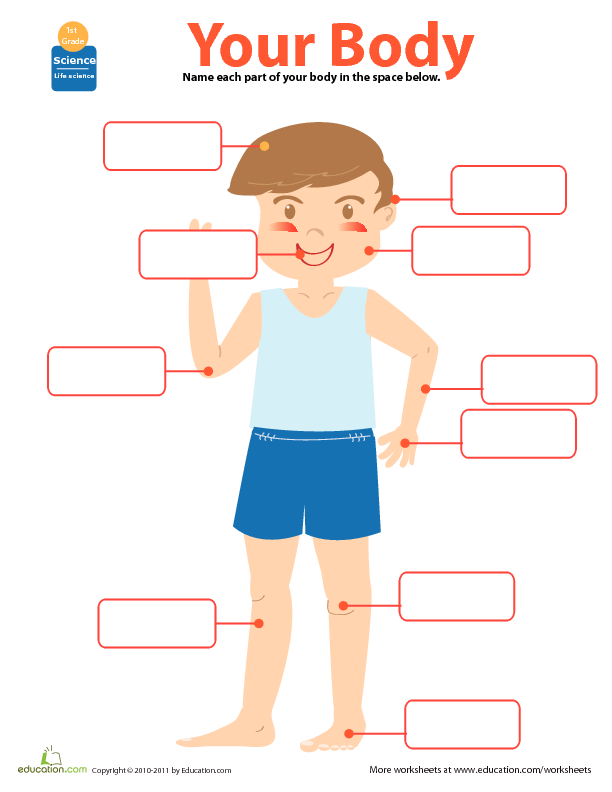
- Learning the meanings of similar words and how to use them in a sentence.
- Distinguish between narrative and nonfiction texts.
Writing in the 1st Grade
The writing level in first grade will increase a couple of levels. As your child’s motor skills have already developed in the kindergarten, teachers will focus more on creative and inventive writing.
Teachers can ask their students to use their imagination and write something unique. They can also motivate students to understand the sound of words and write them. Besides this, handwriting improvement is one of the main agendas in the first-grade curriculum. Other things that first-grade writing lessons include:
- When to use lower and upper cases while writing.
- Correct usage of ending punctuation like full stop and question marks.
- The right way to use frequency words in writing.
- Make writing more detailed and comprehensive.
- Usage of descriptive words.
- Learn to write narratives with two or more sequenced events.
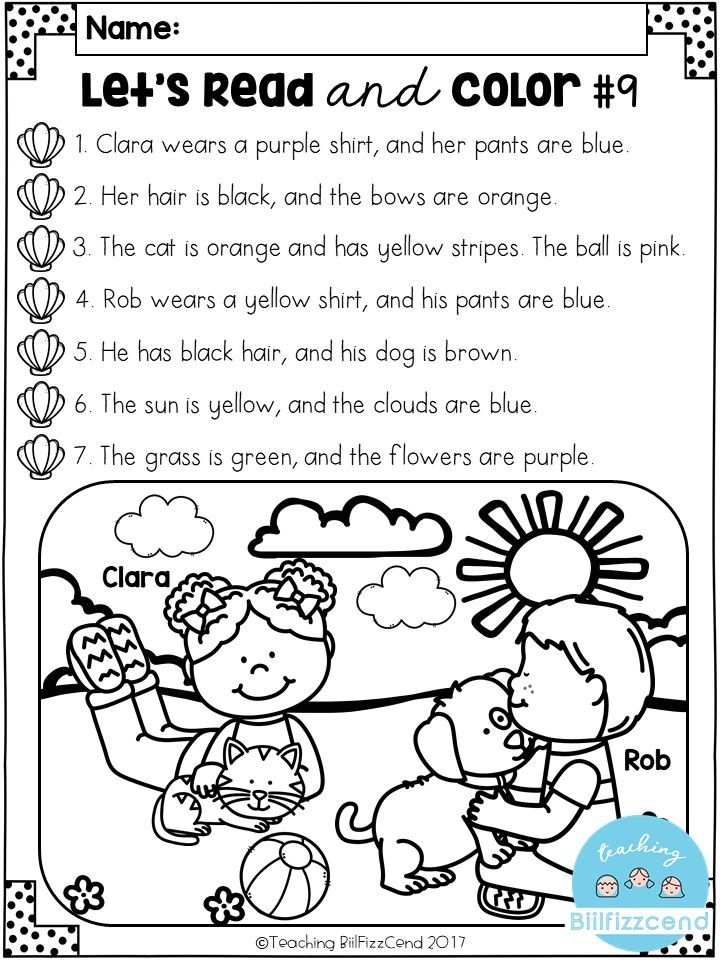
- Correctly spell the familiar words.
- Learn to edit their writing.
Math in the 1st Grade
Your children already know how to count, recognize numbers and organize them into different groups. So, all the previous math concepts will be revised in the first-grade math curriculum. After that, teachers will introduce more problem-solving and common addition or subtraction problems to your child.
In the first grade, teachers are more focused on setting the foundation for advanced math learning. Thus, they will teach your child:
- Addition and subtraction for small or single numbers.
- Counting money.
- Learn to see time on an analog clock.
- Identify different shapes.
- Recognize coins and currency notes.
- Solve simple word math problems.
- Learn to read, write and count numbers more than 100.
- Understand base values.
- Count numbers based on their tens or one’s place.
- Compare two or more objects based on length, weight, and volume.
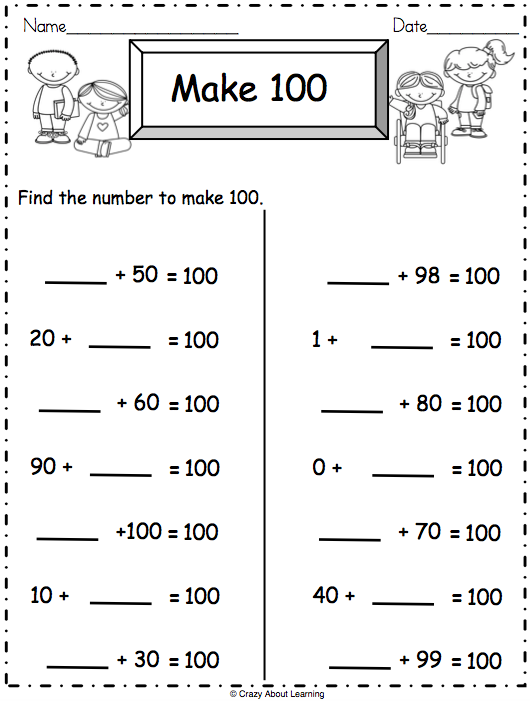
- Find more than and less than a given number with the usage of the symbols =, <, or >.
Science in the 1st Grade
Your child will learn more about life science and natural science in first-grade science. The teacher will introduce basic science concepts in the 1st grade using pictures and intuitive experiments, such as:
- The life cycle of a butterfly.
- Learn about animals and insects and their characteristics.
- Understand the earth like weather, climate, rain formation, etc.
- Basics of physical science and different properties of gas, liquid and solid.
- Introduction to common measurement tools like thermometers.
- Weather patterns.
- Environmental science.
Social Studies in the 1st Grade
Social studies is one of the important subjects taught in the first grade. This subject helps students develop social skills and understand how communities worldwide work. Some of the basic social science concepts taught in the 1st grade are:
- How many states are in the country?
- How do neighbourhood and local communities help to form a city?
- The concept of a community.
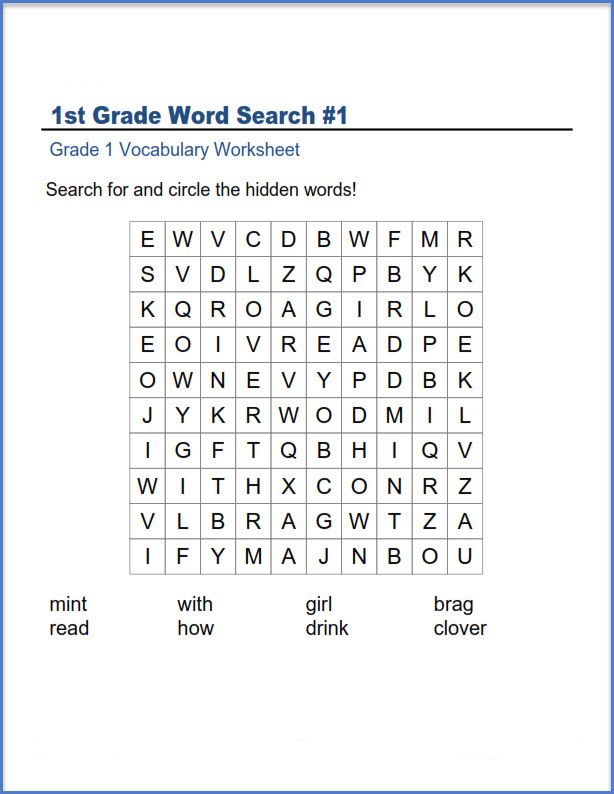
- Information about public and private institutions like libraries, public healthcare facilities, etc.
- The way various community components work together as a cohesive unit.
Tips for 1st Graders’ Parents
If you are stressed about your little one starting first grade, you should first relax. If you start to panic, your children will automatically start to feel pressure. Besides this, here are some simple tips that first graders’ parents should follow:
- Visit the school and classroom to understand what type of environment your child will get in the first grade.
- You can interact with your child’s new first-grade teacher to know what they will be teaching your child in the grade.
- Connect with other first graders’ parents to know their children’s problems during the first grade.
- You can talk to your child openly and prepare them for a new class, friends, and teachers.
- Go online and find information related to the 1st-grade curriculum in your district.
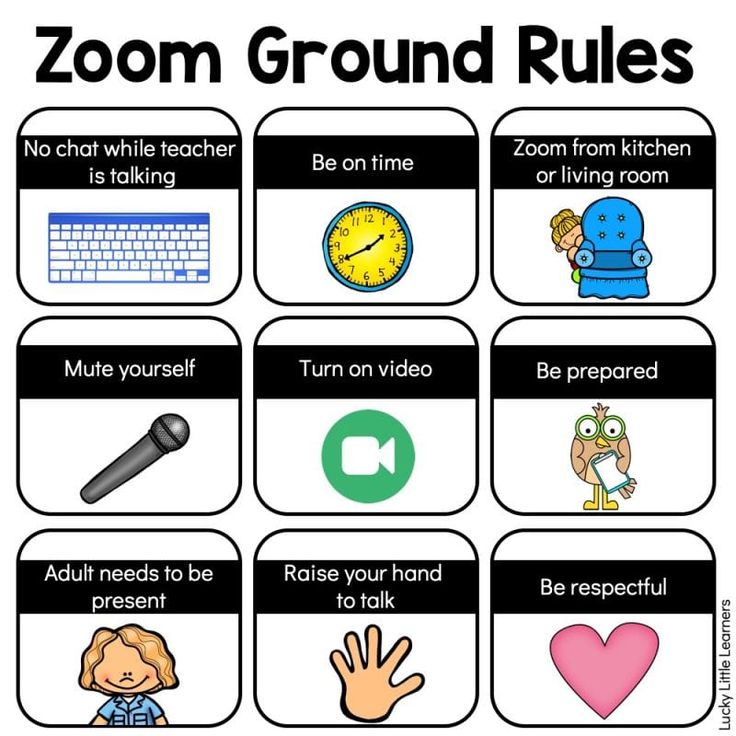
- Before sending your child to a new grade, you can start teaching some concepts at home like addition, subtraction, life sciences and more. This way, your child will feel prepared when the teacher teaches the subjects in the class.
Just Relax!
Parents, sending off your child to 1st grade can be overwhelming and challenging for you. But, it would help if you did not lose your calm. We know it’s easier to say than do.
However, you will not feel much stressed when you are informed and aware of what is taught to kids in the first grade. This guide has touched on all the essential first-grade curriculum points. So, you now have some idea of what to expect in the first grade. Therefore, relax and start preparing for the new milestone of your child.
FAQs
What are the basic elements of the first-grade curriculum?
The first-grade curriculum should include elements that can help students become independent readers and improve their phonics, phonemic awareness, and comprehension. It should also include grammar and basic life lessons to develop a child’s overall speaking and listening skills.
It should also include grammar and basic life lessons to develop a child’s overall speaking and listening skills.
Is the first-grade curriculum the same all around the state?
The foundation of the first-grade curriculum is the same everywhere. However, you might find some variations in the lesson planning or teaching methods. Therefore, you should consult your child’s school and teacher to know more about what they will teach in the first grade.
The academic, social, and physical skills for 1st grade Parenting
In first grade your child will become more independent and learn how to adapt to the school’s routine. Donna Adkins, our teacher consultant, explains: “First grade is probably the most critical period in your child’s education. It is a pivotal grade in which the foundation for the rest of the primary grades is set.” Your child’s first-grade skills will be academic, social and physical.
Building reading and writing skills
Most critical in first grade is the development of reading and writing skills.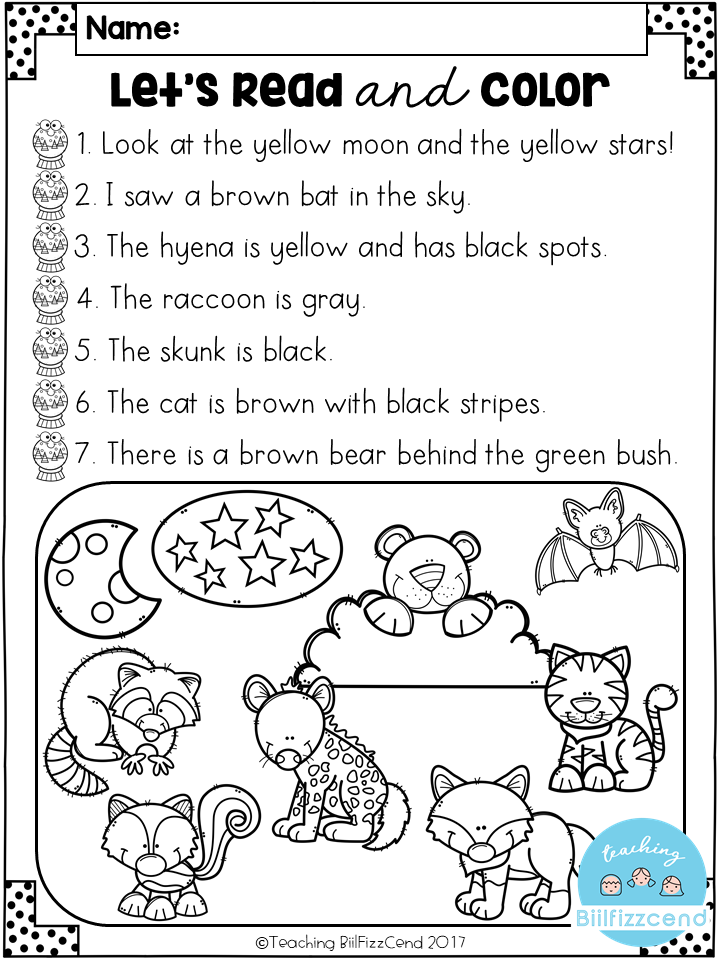 Your child will move from pre-reading skills to building crucial language skills in reading, spelling and writing. At home you can read stories aloud to your child often and ask questions such as “Who are the characters in the story?” “Where does the story take place?” “What happens in the beginning, middle and end of the story?”
Your child will move from pre-reading skills to building crucial language skills in reading, spelling and writing. At home you can read stories aloud to your child often and ask questions such as “Who are the characters in the story?” “Where does the story take place?” “What happens in the beginning, middle and end of the story?”
Mastering math skills
In math your child will learn addition and subtraction facts, and how to tell time. She will count coins and identify patterns in numbers and objects. Practice these skills at home by asking your child to spot repeating patterns in her daily life and surroundings, such as designs in her clothing.
Assuming responsibility and routines
If your child attended a half-day kindergarten, first grade will mean attending school for a longer day. Talk to your child about “big kid” issues like packing a healthy lunch and how to treat other students on the playground. Adkins explains: “Since first grade is such a change from kindergarten, it becomes very important for parents to help their child set the stage for a great day.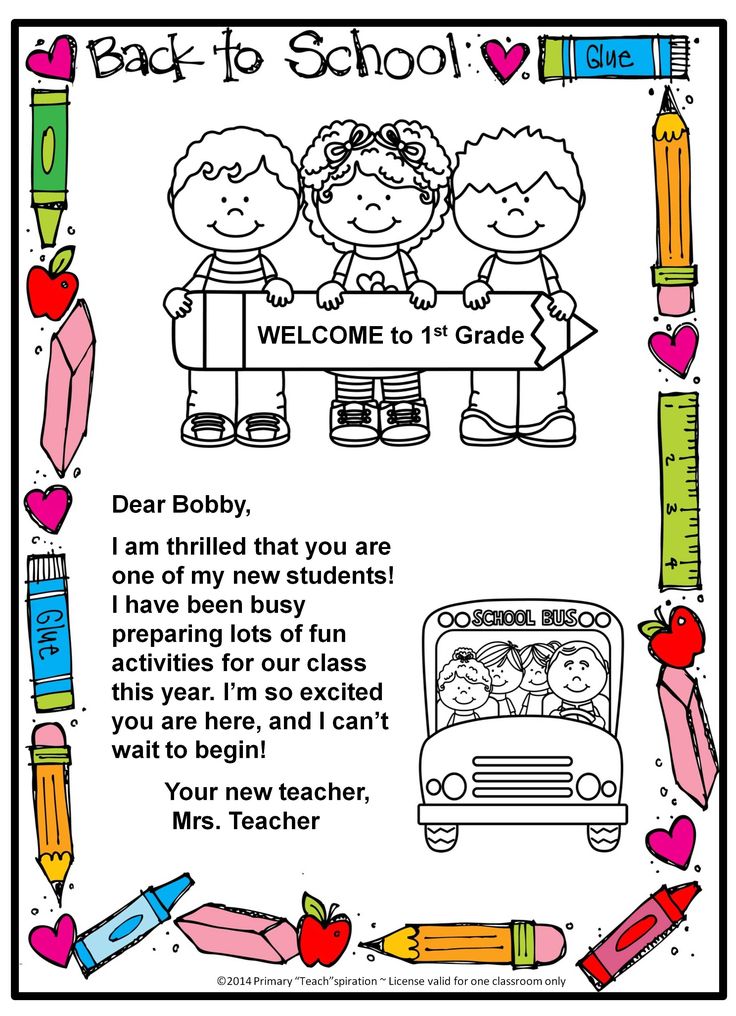 We know that we all feel poorly when we do not receive enough rest or do not eat properly. Children at this age do not know how much rest they need. It is up to the parents to ensure that their child learns these good habits.”
We know that we all feel poorly when we do not receive enough rest or do not eat properly. Children at this age do not know how much rest they need. It is up to the parents to ensure that their child learns these good habits.”
In first grade your child will begin to assume responsibility and reinforce learning through homework. You’ll want to prepare a quiet, organized work area and set aside time for her to do homework everyday.
You can use the summer before first grade to teach your child responsibility for a household chore. Adkins explains: “Choose a simple chore that that she can do without feeling overwhelmed. Start small and build. To raise a responsible child, responsibility must be cultivated early and continually.”
Adkins adds: “Teaching your child independence is one of the most important jobs a parent has. One way to accomplish this is to develop daily routines that a child can follow. If a child knows that every morning when she gets up, she follows a particular routine for getting ready, then she can soon do it herself.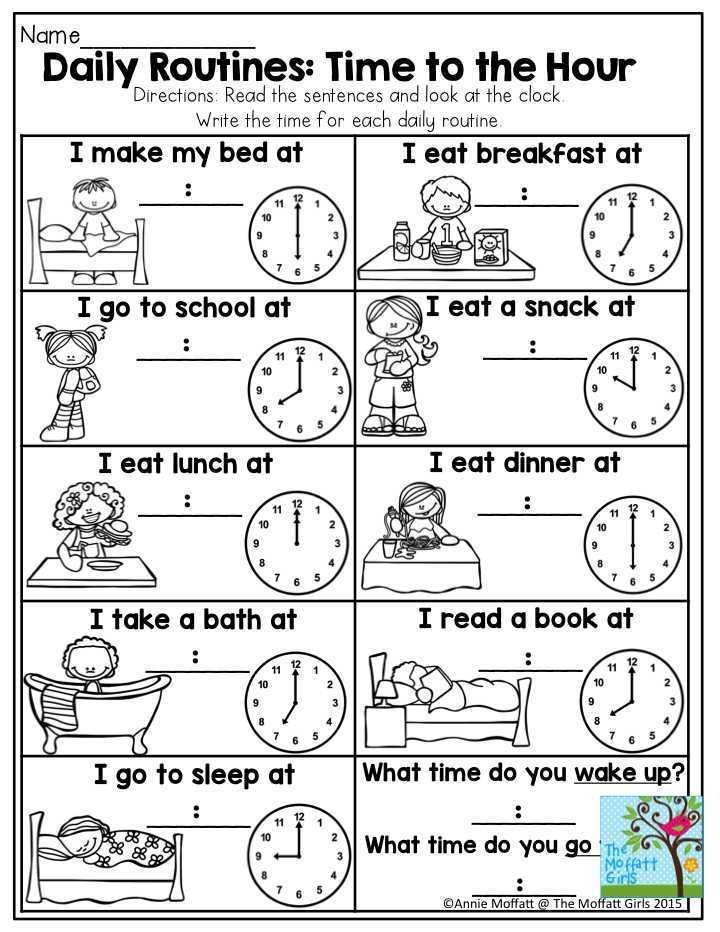 In the evening, if your child knows the bedtime routine is to take a bath, brush teeth, read a story and get into bed, then not only is it easier to get her into bed, it is easier for the child to do it independently.”
In the evening, if your child knows the bedtime routine is to take a bath, brush teeth, read a story and get into bed, then not only is it easier to get her into bed, it is easier for the child to do it independently.”
Each child passes through a range of social, academic and developmental stages at his own pace. Here are some guidelines for what to look forward to in the year ahead.
Physical and social skills you can expect of your first grader:
- Listen for longer periods of time
- Work independently at her desk
- Listen to longer sets of directions
- Complete homework and turn it in the next day
- Stay seated for a longer period of time
- Be able to see things from another person’s point of view so you can reason with her and teach her empathy
- Relate experiences in greater detail and in a logical way
- Problem-solve when disagreements arise
- Crave affection from parents and teachers (eager to please?)
- Experience minor difficulties with friends and working out problems with peers
- Be able to plan ahead
Academic skills you can expect of your first grader:
- Read directions off the board, some children may still have difficulty with this
- Write words with letter combination patterns such as words with the silent e like make
- Read and write high-frequency words such as where and every
- Write complete sentences with correct capitalization and punctuation
- Read aloud first-grade books with accuracy and understanding
- Count change
- Tell time to the hour and half-hour
- Quickly answer addition and subtraction facts for sums up to 20
- Complete two-digit addition and subtraction problems on paper
Learn more about where your child should be at the end of kindergarten.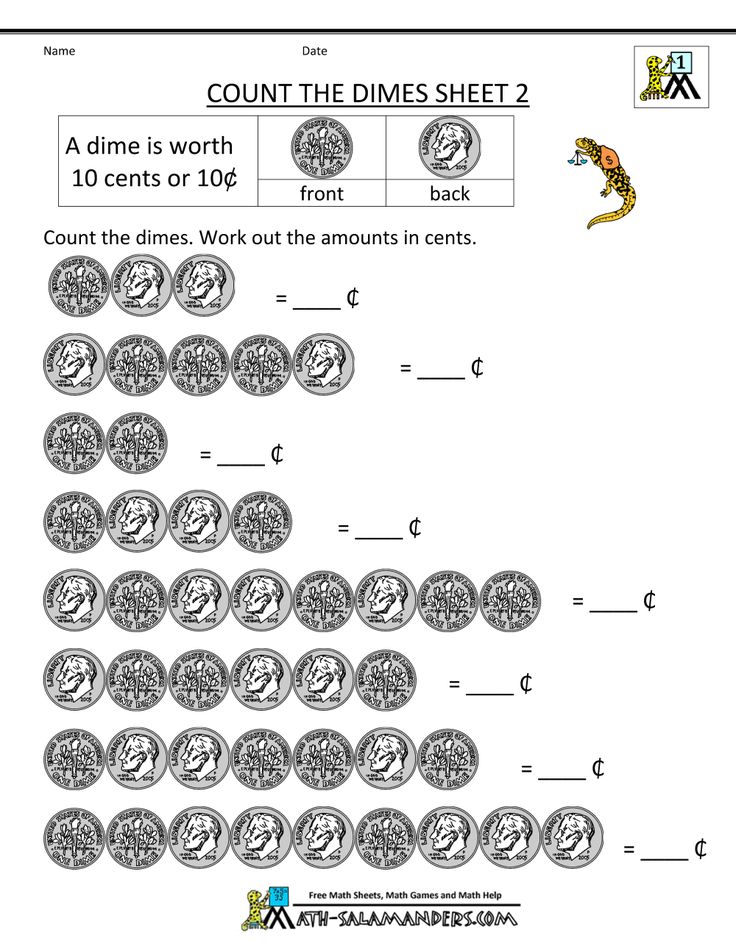
Characteristics of a 1st grade student | Material (1st grade) on the topic:
Municipal budgetary educational institution
“School name”
Characteristic
FULL NAME
Pupils of the 1st class,
born DD.MM.YY,
registered at ...
A girl has been studying in this class since September 1, 2012. Before entering the first grade, she did not attend kindergarten. Among peers, he lags behind in his development. In her psyche inhibition prevails over excitation. The girl has low productivity and instability of attention. Memorization of educational material is given with great difficulty. The student does not know how to think logically, analyze. The girl needs consultations of a speech therapist and a psychologist.
The medical examination shows that the girl has strabismus.
The student is poorly prepared to enter school. The study of socio-psychological adaptation to school showed a low level of readiness. Having diagnosed the readiness to master literacy and mathematics, the following results were obtained:
- low level of development of object classification and phonemic hearing;
- low formation of prerequisites for mastering sound analysis and synthesis;
- the volume of the dictionary is below the age norm;
- errors in the grammatical design of speech statements;
- reduced orientation in space;
- low level of hand-eye coordination.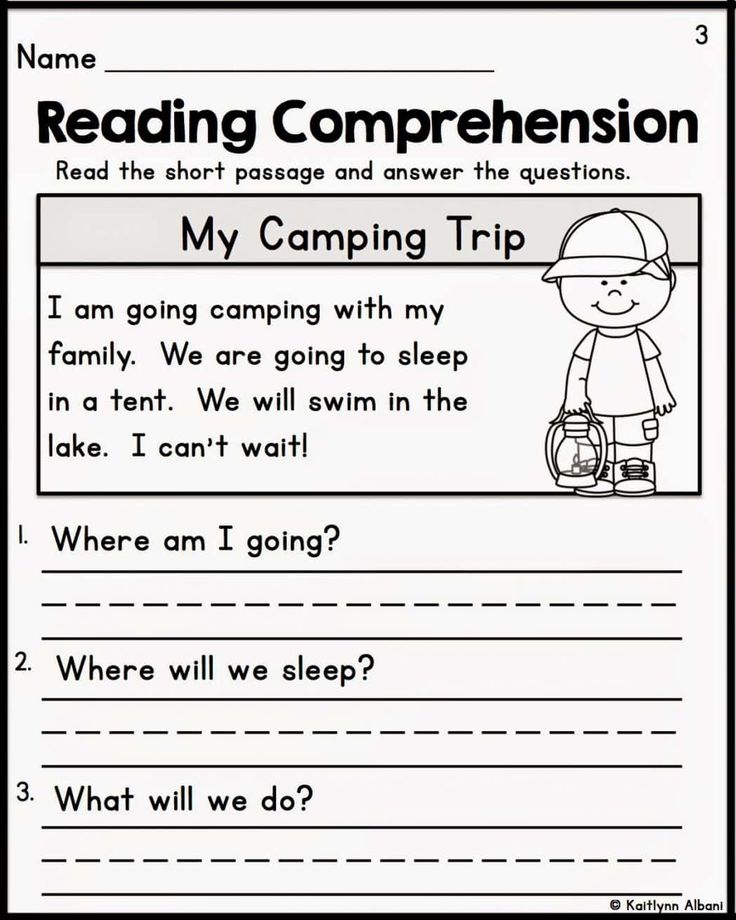
The name is rarely active in the lesson: does not answer the teacher's questions, does not complete independent tasks, often rewrites the completed task from the blackboard. The girl is often distracted, engaged in extraneous matters. The name does not follow what is happening in the lesson. Her pace is slow. It can be noted the predominance of gaming interests. In the notebooks with the name, the entries are made carelessly, there are many corrections, a large number of errors.
The girl learns the program material with difficulty. All subjects are difficult. Reads poorly: 2 words per minute. The content of the read cannot be conveyed. The name has poorly developed finger motor skills, so it has great difficulty in writing letters and numbers. When copying from printed text, he makes many mistakes. Can't write dictations at all. With great effort, I learned to count to 10 using counting sticks and fingers. Allows a large number of errors when finding the value of expressions.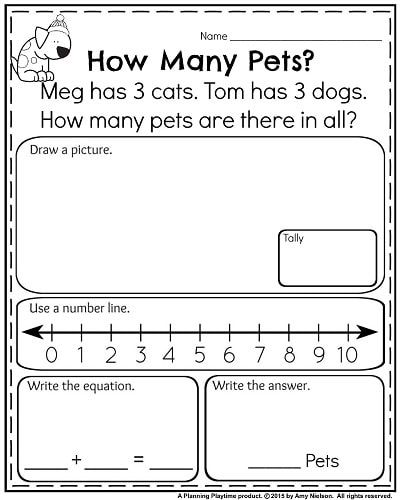
Name does not participate in extracurricular activities.
Name is not always neatly dressed. The girl is not independent, she has poor self-care skills: she can prepare for the lesson for a long time (sometimes the whole lesson). Careless about things and school supplies: textbooks and notebooks are dirty, torn.
In behavior, one can note the lack of seriousness, responsibility. Sometimes he is late for the first lesson. During classes, he does not perceive the requirements of the teacher: he cannot sit quietly, calmly.
The girl was bought all teaching aids (the program "Promising Primary School" includes paid notebooks for independent work), school supplies (sometimes they are not available).
Name lives with his parents in a private house. She has a large family: two older brothers (go to school) and one younger sister (does not attend kindergarten). Mom, IO, rarely interested in school life Name, does not attend parent-teacher meetings. Dad, IO, never came to school during his studies.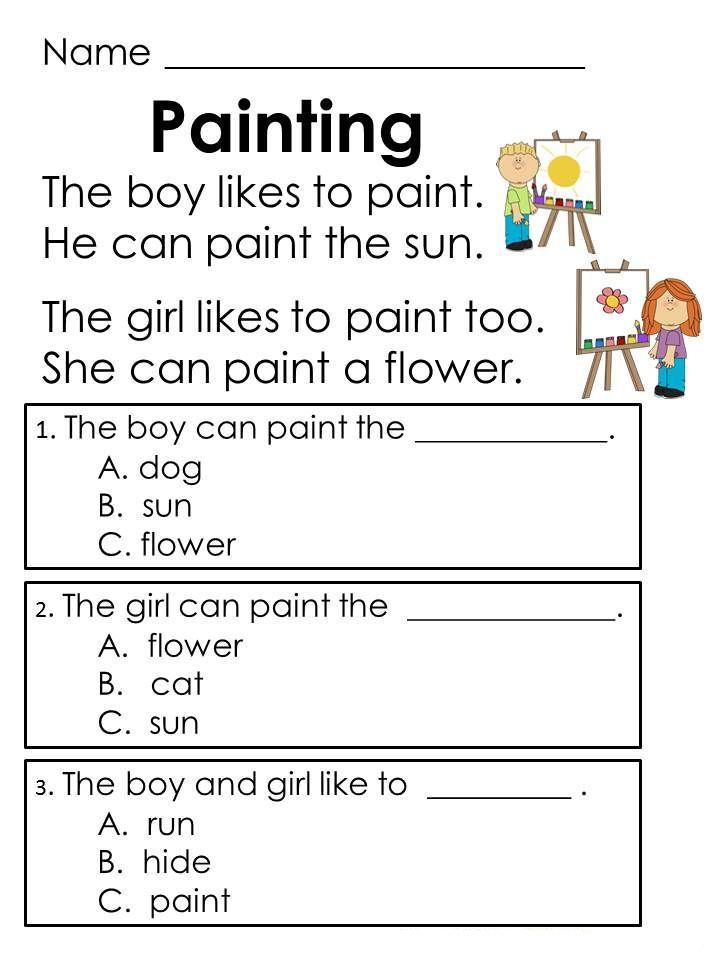
April 15, 2013
Class teacher: _________ (name)
Director of the school: ____________ (name)
forms of intermediate and final certification, exams and evaluation in the primary school
Certification in the first class: legal educational program
Parents on the forums are fiercely arguing - are control and verification tests necessary in the first year of study? We analyze the issue from a legislative point of view and explain what advantages the certification of first grade students has.
- Text Link
What is assessment at school
Assessment is a confirmation of a child's knowledge and skills. Conducting attestations is regulated by the federal law "On Education in the Russian Federation" and a number of orders of the Ministry of Education.
Certification - these are tests, verification work, control, which children write to confirm that their knowledge is not below state standards.
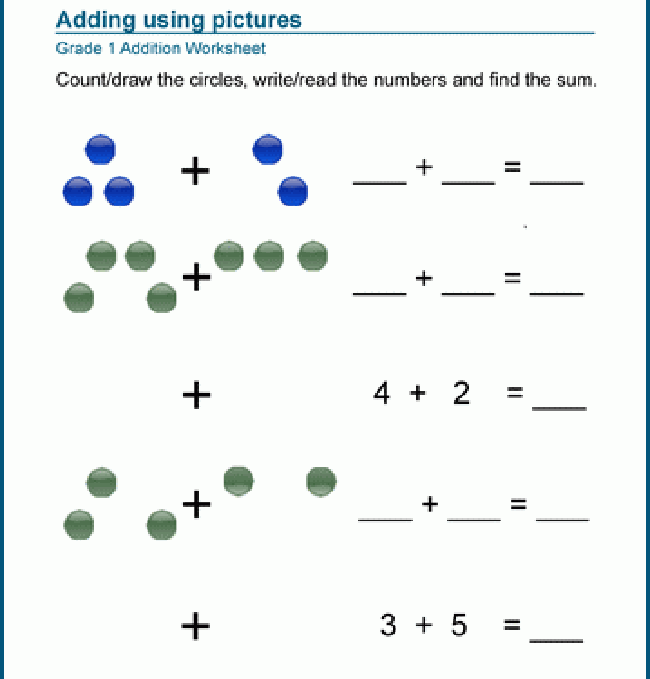
Types of certification at school
There are three types of knowledge testing:
- Current certification is a control of subject knowledge and universal subject actions, which is carried out throughout the academic year.
- Intermediate certification is the establishment of the level of mastering the educational program for part or all of the subject. Held in schools one or more times a year (at the discretion of the school).
- Final certification (state final certification - GIA) is a mandatory certification for any form of education and any form of training. At the end of the ninth grade, it is held in the form of the OGE (general state exam), and at the end of grade 11, in the form of the USE (unified state exam).
Types of certification for first-graders
Only intermediate certification can be relevant for first-graders. There is no current or final test of knowledge in the first grade, since in the first year of study there are no grades and no state-level exams.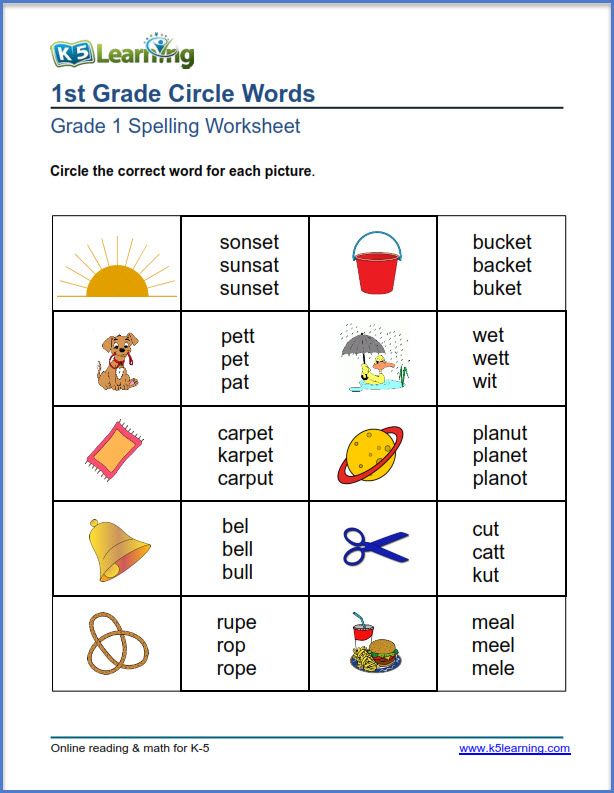
Grades are not allowed in the first grade.
<
The absence of grades in the first class is established by the Decree of the Chief State Sanitary Doctor of the Russian Federation dated 29.12.2010 No. 189 “On approval of SanPiN 2.4.2.2821-10 “Sanitary and epidemiological requirements for the conditions and organization of education in educational institutions””.
However, first-graders may be assessed at the end of the year. According to the Federal State Educational Standard, intermediate certification of students can begin from the first grade, and from the second - the final decision is made by the school administration.
It is common for an institution to conduct an intermediate assessment in first grade once at the end of the year. The approach has advantages:
- Parents can evaluate their child's progress during the year of schooling,
- Starting grade 2 with regular assessments and midterms will not cause undue stress.
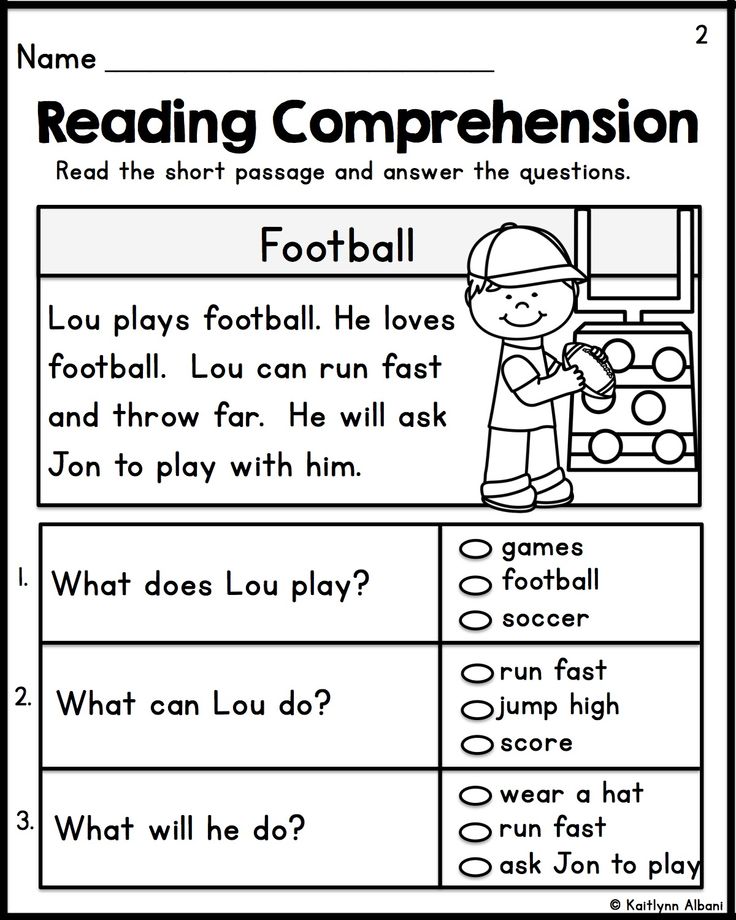
At the same time, grades for attestation of the 1st grade are still not given - in the personal file they put the mark “learned”.
Forms of intermediate assessment in the first grade
Assessment is:0066
The form and procedure for conducting intermediate certification of 1st grade students are determined by the school independently. As a rule, these are short written works or oral assignments. First-graders will not be overloaded, especially at the first official test in their lives.
Source: freepik.com / @master1305
Foxford Elementary School First Grade Assessment
Foxford Elementary Online School has only one first grade assessment, before summer break.
From the second grade, a more frequent knowledge test is introduced - by trimesters. But already in the first year of study, it will not be difficult to write a control. Certification is simple, remote and comfortable for young students.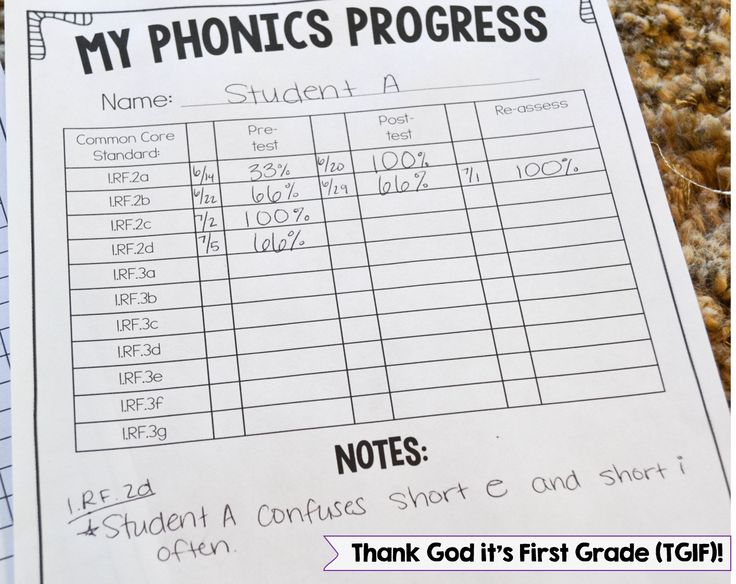
Knowledge is tested in the form of tests on the website of the Foxford partner school. The child will be able to safely write the control from home.
Intermediate certification takes place in subjects that are studied in grade 1, as well as in compulsory basic disciplines that are not yet taught in our online school (art, music, physical education).
Certification in these subjects, depending on the school, can take place in the format of tests, essays. Fine arts often require drawings on curriculum topics. Certificates are accepted from music and art schools, sports schools and sections - on the basis of certificates, a discipline can be credited.
<
Resume
Grades are not given in the first grade. Each school independently decides whether to conduct an intermediate assessment of grade 1. As a rule, they choose to hold it once at the end of the year - in order to prepare children for the transition to the second grade, where mark-up training and regular test work will begin.